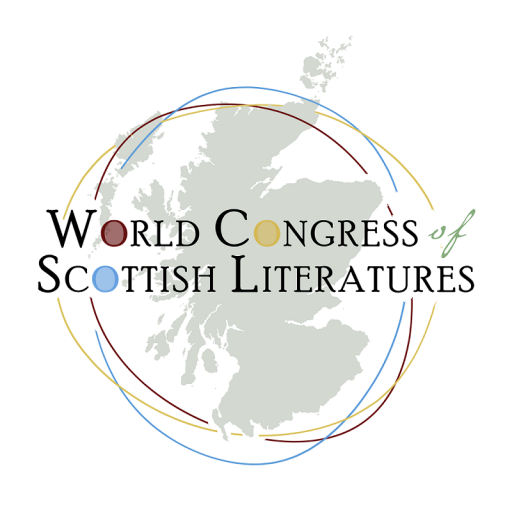Multiple Scotlands: finding Celtic voices in Scottish (post-)indyref literature
National language is a key element of nationalism and directly influences how national(ist) literatures are defined (Gilbert 1996). The importance of national literature(s) for national identity (Anderson (1983); Gellner (1984)) notwithstanding, the contemporary SNP’s ‘progressive’ vision of nationalism focuses on openness, European ties and internationalism and seemingly avoids overtly cultural elements. In the debate of the 2014 referendum campaign, however, ‘popular’ Scottish literary works, icons, and writers were frequently evoked, with only Gaelic (and Scots) representations remaining largely absent. In fact, Celtic culture in particular continues to sit uncomfortably with the progressive vision of contemporary political Scotland. In contrast, romanticising images and tartanry as for example portrayed by the Outlander franchise have not only shaped Scotland’s appeal as a tourist destination, but have also promoted Gaelic culture more widely.
This paper examines the complex interactions between nationalisms, national literature(s) and languages. It argues that the internally created progressive vision of Scotland has failed to promote Scotland’s different languages and literatures – both beyond ‘central-belt-Scotland’ and romanticising perceptions of Scotland from within the Union and abroad. By theoretically contextualising debates on contemporary Scottish literature and politics, this paper scrutinises how (post-)indyref literature engages with the various visions of Scotland and how these have been influenced, challenged or reinforced by tartanry, Anglo-centrism and transnationalism.
Maike Dinger, University of Stirling
